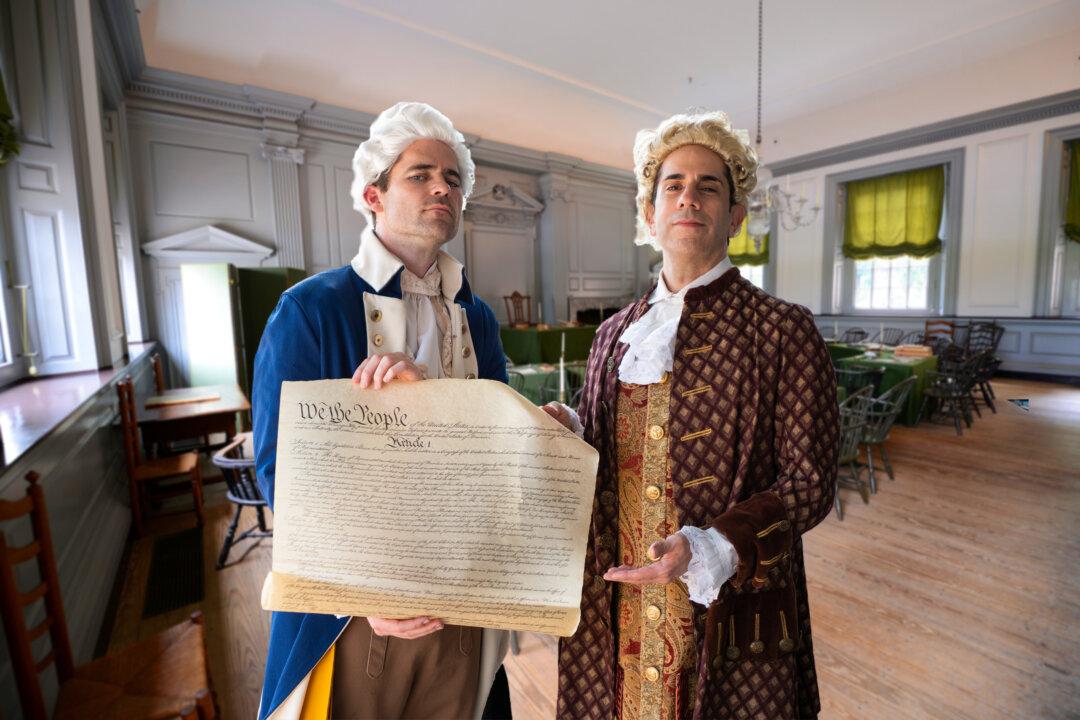Dustin Bass had completed a journalism degree, only to be turned off completely from the industry—he did a 180 and started writing fiction instead. From there, a fateful turn of events led him to become a history podcast co-host.
“Fate, more or less, you can call it that, or the good Lord, sort of just brought Alan and me together,” Bass said, referring to Alan Wakim, co-host of the program Sons of History.






